Divorce Basics
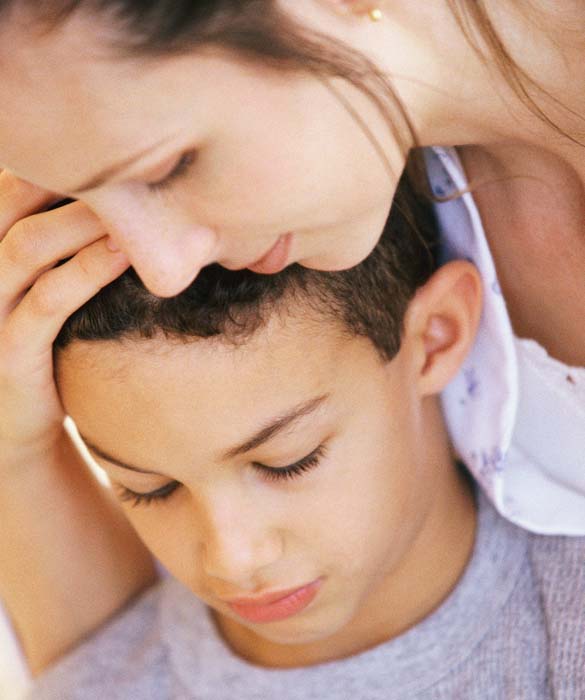
When a family is faced with divorce, it is common for children to have deep feelings about the separation. Understanding your child’s perspective can help the entire family cope with the inevitable changes. “In general, children have different reactions to their parents’ divorce,” says Los Angeles-based psychotherapist Judy Rosenberg. “The main thing to consider is the well-being of your child.”
Wear Their Shoes
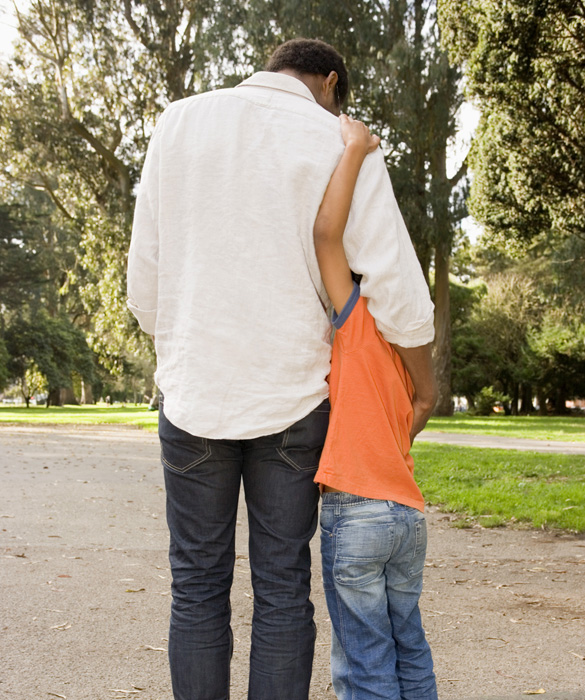
Your child is likely concerned about when he will see each parent, if a move is necessary and how he will maintain her activities. “The first strategy is to put yourself in their shoes and imagine yourself to be their age,” says Rosenberg. “Ask yourself what the divorce will now disrupt, and mitigate the damage. Make it easy for them to see you as loving, consistent and supportive.”
Expect Anger
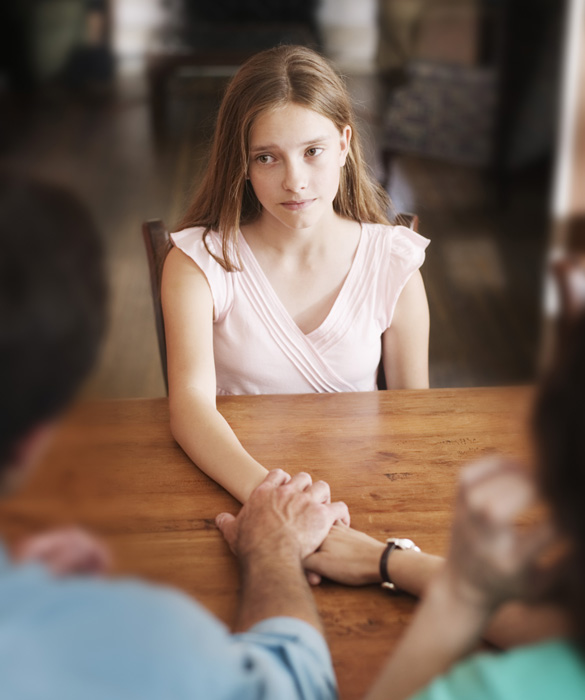
Anger is a common and normal reaction for children of divorce, especially when significant others are introduced. “Understand that they may hate your new or future significant other,” says Rosenberg. “Ideally, see if the two of you can create an extended family situation so that mom and dad and whoever else is significant can celebrate significant events together so as not to create a split.”
Prepare for Changes
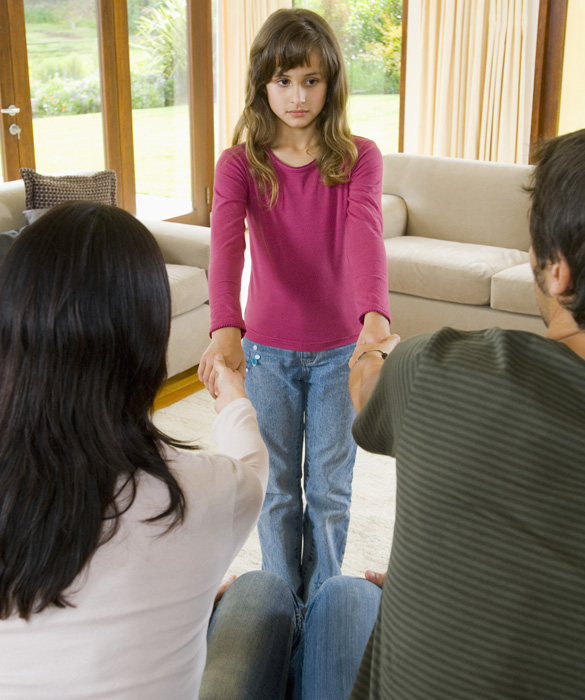
When discussing divorce and changes to the family routine, it is important to communicate in a practical and specific manner. Rosenberg recommends having both parents present for these conversations. “Explain to them how life will be different, and prepare them for where they will live and any changes that they should know about,” she says. Your child may need to feel that he is part of the decision-making process when possible to calm any anxiety about these changes.
Reassure, Love and Support
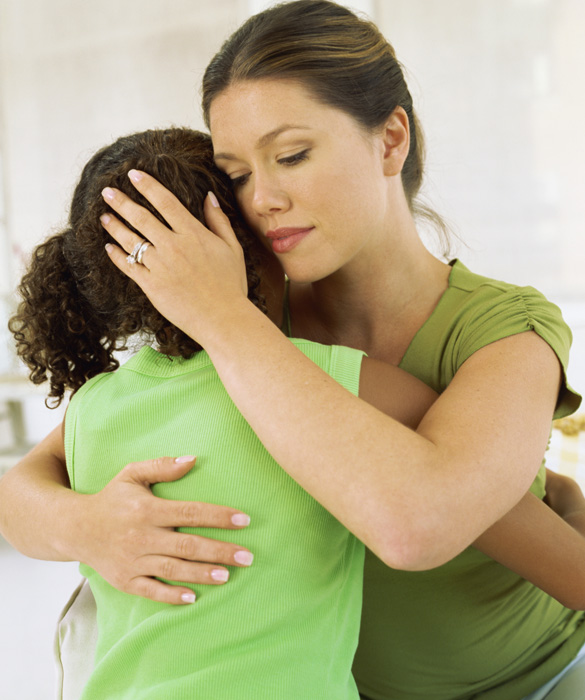
Children often question a parent’s love when a divorce is looming. So it’s important for kids to know that moms and dads never stop loving their kids, says psychologist Robert Shapiro, author of Separate Houses: A Handbook for Divorced Parents. “Let them know that they will still see mom and dad all the time; you just won’t all live together in the same house anymore,” Shapiro says. Remind your child that you will always be his support and rock.
Eliminate Blame
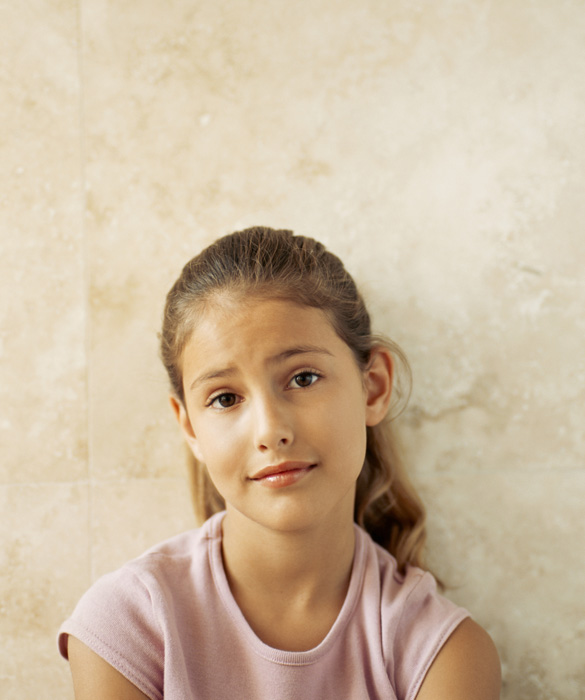
Even though the decision to divorce is between mom and dad, children often blame themselves for the separation. Let them know that this has nothing to do with them and that it is not their fault, says Rosenberg. “Tell them, ‘This decision is between me and dad (or mom) and has nothing to do with you.’ Reassure them that you both have made every effort to fix the things that didn’t work and that they are not fixable.”
Empathize
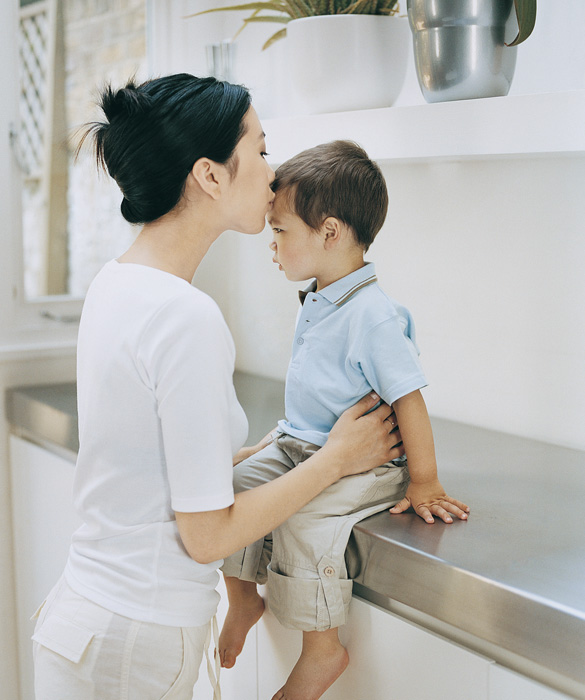
It’s important that parents empathize, understand and take responsibility for causing upset and upheaval in a child’s life. “Tell them that you both know that this is a huge and painful thing and that you know the decision has a huge impact on them. Reaffirm that you are sorry that this is going to hurt them, too,” says Rosenberg.
Practice Patience
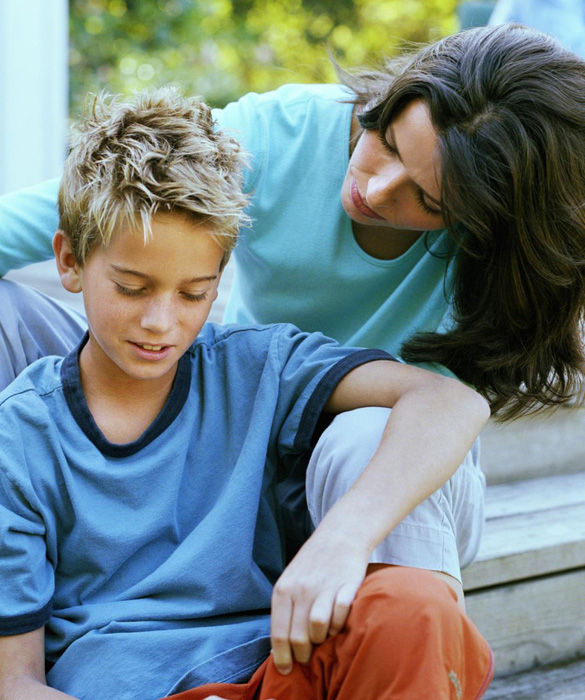
Although your child may experience anger, sadness, depression, resentment and even guilt, it’s important to let your child guide how much she wants to express those feelings. Never force her to talk. Instead, let her know she can communicate her feelings about the divorce with you when she's ready. “When they are ready to talk, try asking open-ended questions that leave them room to express what they are feeling,” suggests Connecticut-based child psychologist Barbara Lavi.
Validate Feelings

Parents must understand that they are looking at the situation from a completely different point of view than their kids. “Parents need to know that they most likely won’t understand how exactly their child is feeling,” says Liz Rampy, a South Carolina-based licensed therapist. “A child’s emotions are not right or wrong, and it is important for the parent to be open to accepting how the child is feeling.”
RELATED: Stress Less Resolution




